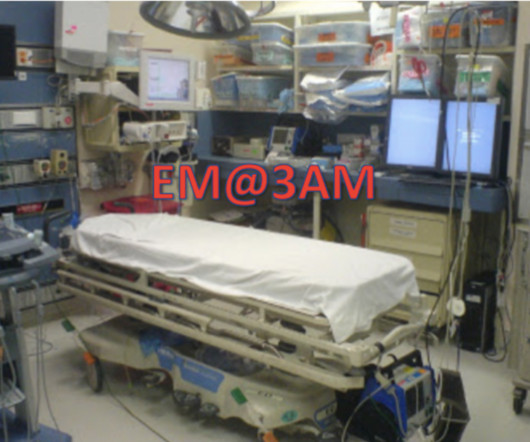EM@3AM: Leukopenia
EMDocs
JANUARY 25, 2025
Well keep it short, while you keep that EM brain sharp. A previously healthy 23-year-old male with no medical or surgical history presents to the ED with generalized malaise and no energy, progressively getting worse over the last six weeks. 10^9/L) Moderate (0.50.9 10^9/L) Severe (< 0.5 10^9/L) Generalized leukopenia (i.e.











Let's personalize your content